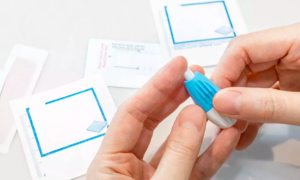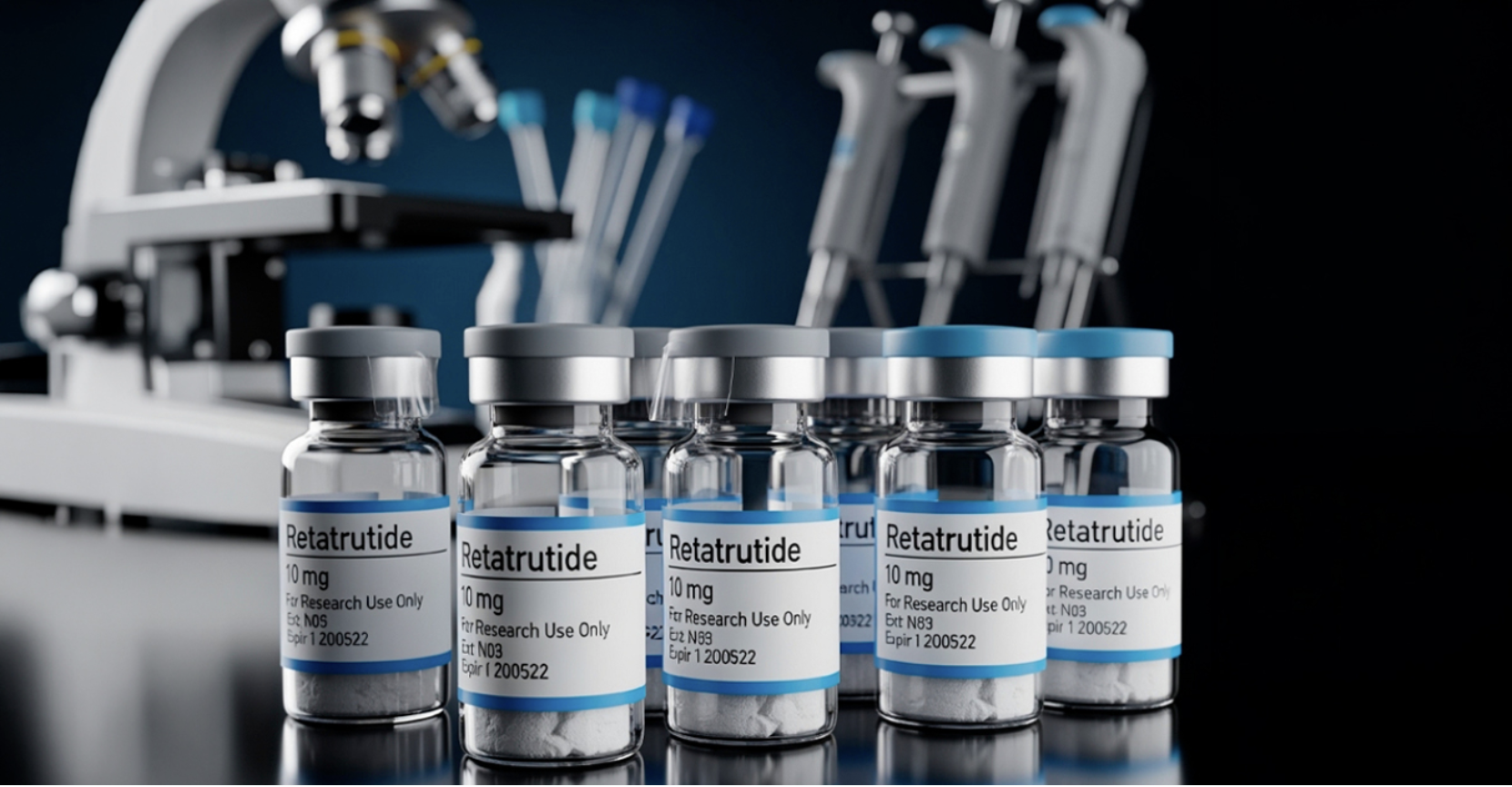Just a few days ago, the U.S. Food and Drug Administration (FDA) approved the first at-home self-test for syphilis, designed to detect Treponema pallidum (syphilis) antibodies in human blood. However, experts emphasize that results from this type of test alone are not sufficient for diagnosing syphilis and should be followed by additional tests to confirm the diagnosis.
According to the U.S. Centers for Disease Control and Prevention (CDC), reported syphilis cases in the United States increased by 80% between 2018 and 2022 (from 115,000 to over 207,000), continuing a decades-long upward trend.
The test provides a simple diagnosis at home without a prescription, yielding results in about 15 minutes from a drop of blood. Before the approval of this test, there was no over-the-counter option to offer individuals an initial indication of a potential syphilis infection.
“We continue to see advancements in testing for sexually transmitted infections, which can provide patients with more information about their health from the privacy of their home,” said Michelle Tarver, M.D., Ph.D., deputy director of the FDA’s Center for Devices and Radiological Health. “Access to at-home testing can help increase syphilis screening, including for individuals who may be reluctant to visit a healthcare provider for potential exposure to a sexually transmitted infection. The self-test can lead to laboratory testing for diagnosis confirmation, meaning earlier access to treatment and reduced spread of the infection,” she added.
As with many diagnostic tests, the risks associated with this test include the possibility of false positive and false negative results. False-negative results may delay effective treatment, leading to disease progression and further spread of the infection. False positive results could lead to unnecessary additional tests and delays in receiving the correct diagnosis.
If syphilis is not treated promptly, it can cause severe damage to the heart and brain, as well as blindness, deafness, and paralysis. When transmitted during pregnancy, it can result in miscarriage, lifelong medical problems, and infant death.
Ask me anything
Explore related questions





